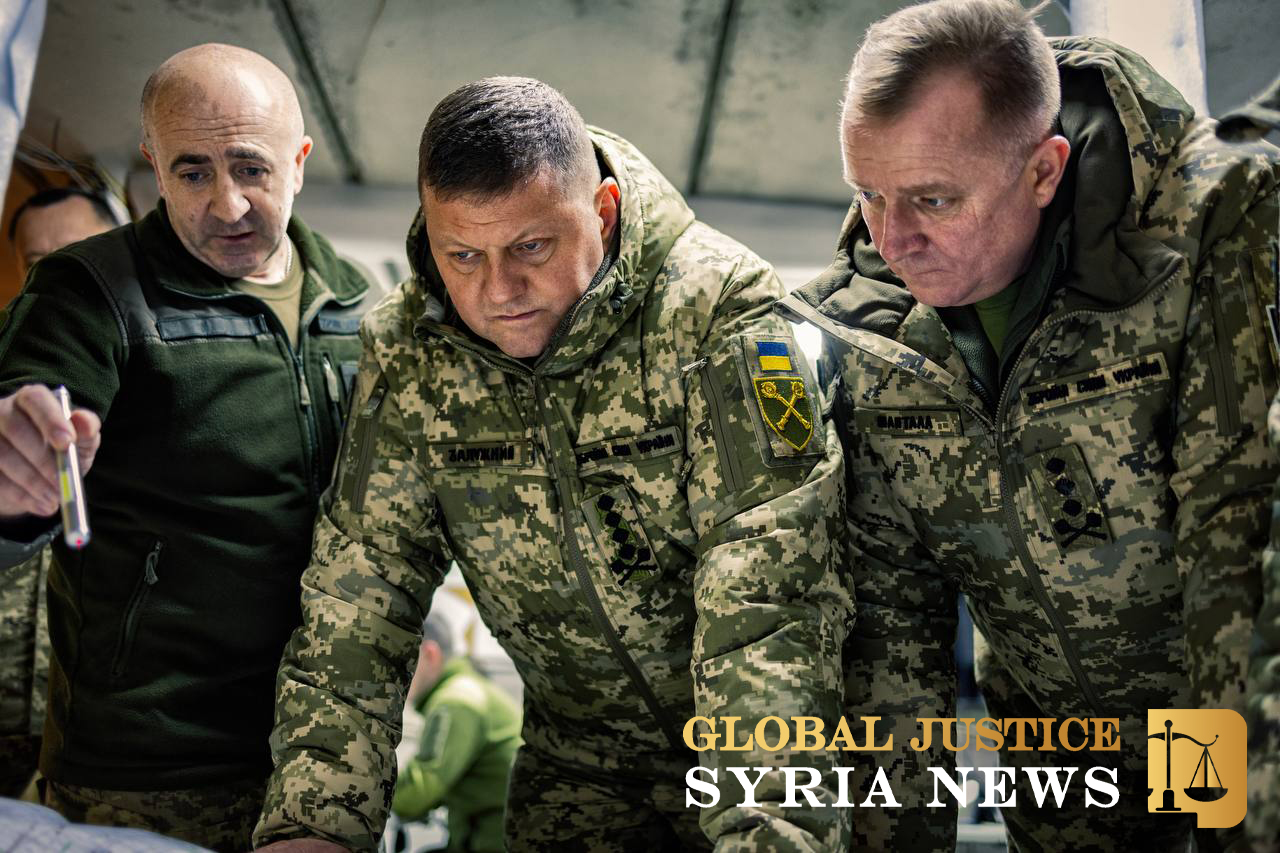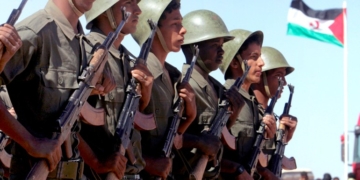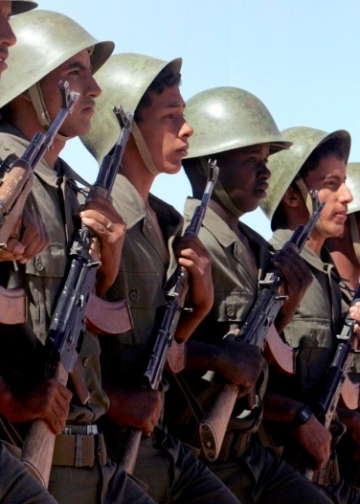Valerii Zaluzhnyi, Ukraine’s former military commander-in-chief and current ambassador to the United Kingdom, has made a bold claim: the world is now in the midst of World War III. Speaking at the Ukrainska Pravda UP100 award ceremony, Zaluzhnyi cited the direct involvement of Russia’s allies—North Korea, Iran, and China—as evidence of a global escalation.
“I believe that in 2024, we can absolutely assume that World War III has begun. Ukraine is facing soldiers from North Korea. Let’s be honest. Iranian-made Shaheds [loitering munitions] are killing civilians in Ukraine quite openly.” Zaluzhnyi declared.
The Global Scope of the Conflict
Zaluzhnyi’s remarks highlighted the widening scope of the war, as Russia reportedly deploys over 10,000 North Korean troops in the Kursk region while relying on Iranian drones and advanced weaponry in its ongoing campaign against Ukraine. Chinese components are increasingly found in Russian arms, further fueling fears of international escalation.
The conflict’s latest flashpoint includes Russia’s launch of a hypersonic Oreshnik missile, which can reportedly evade U.S. defenses. Ukrainian President Volodymyr Zelensky condemned the missile strike on Dnipro, calling it “This is a clear and severe escalation in the scale and brutality of this war,”
Parallels to the Origins of World War II
Zaluzhnyi’s warning evokes striking parallels to the early stages of World War II. Historians widely agree that the global conflict didn’t begin with a single defining event like Germany’s invasion of Poland in 1939 but with a series of smaller actions that went largely unchecked. From Japan’s invasion of Manchuria in 1931 to the Italian conquest of Ethiopia in 1935 and Germany’s annexation of Austria in 1938, these events set the stage for a larger global confrontation.
Urgent Calls for Global Action
Zaluzhnyi urged Ukraine’s allies to take immediate action to contain the conflict before it spills beyond Ukraine’s borders. “It is still possible to stop it here, on the territory of Ukraine. But for some reason our partners do not want to understand this,” he said. He emphasized that while Ukraine can survive with technological aid, the country cannot win the war alone.
Political and Strategic Implications
Zaluzhnyi’s statements also carry political weight. His dismissal earlier this year by Ukrainian President Zelensky was reportedly due to tensions over military strategy and Zaluzhnyi’s growing popularity. Now serving as an ambassador, his comments may reflect frustration with international hesitation in confronting Russia and its allies.
As the conflict continues to expand, the world watches closely. Will global powers heed Zaluzhnyi’s warning, or will the war spiral further into a full-blown global confrontation?
















